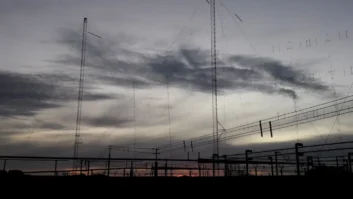Dear RW: Thank you for the article in the Sept. 1 issue by James Careless, “Shortwave Radios Keep Up With Tech.”
When I worked for VOA — actually the International Broadcasting Bureau, later called the Broadcasting Board of Governors and then the U.S. Agency for Global Media — I believe upper management thought people in Djibouti had high-speed internet and laptop computers. In reality they lived largely in small huts made from corrugated roofing iron. They were lucky to have a radio.
When I was 12, my uncle had a TV shop as a second job. He fixed up a 1930s model radio with shortwave bands beside AM. It had the tubes with six or seven pins, shaped like a Coke bottle. I listened to VOA, the BBC, Radio Moscow and HCJB out of Quito, Ecuador.
[Visit the Reader’s Forum for More Letters and Comments]
This experience led me to ham radio, a job at the local radio station to earn money for college, a role at 17 in helping to build KFTW in Fredericktown, Mo., a degree in electrical engineering and, at the end of my career, the job with IBB.
The first time I ever doubted what I heard on the radio was when Radio Moscow announced that the East German secret police had discovered a tunnel into East Berlin to smuggle spies into the German Workers Paradise. I thought “that was really people trying to get out of East Berlin.”
Decades years later, long after the collapse of the Soviet Union, I found out that the CIA had tunneled into East Berlin and tapped the phone lines of the secret police!
David R. DeSpain, P.E., W0BCG
Ft. Worth, Texas
Radio World invites industry-oriented commentaries and responses. Send to Radio World.









